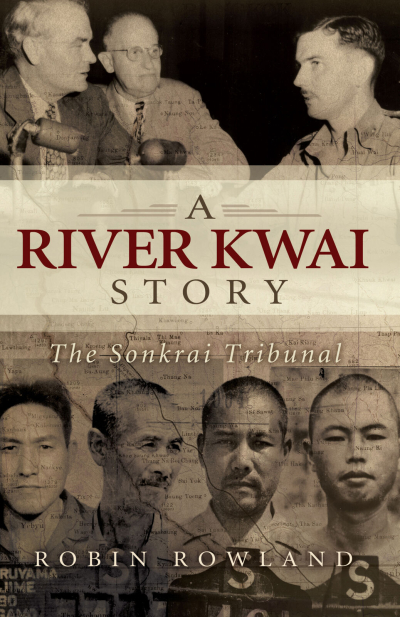Burma
A River Kwai Story by Robin Rowland & The Men of the Line by Pattie Wright
Vaclav Havel and Nobel Laureates Call for the Release of Imprisoned Burmese Writers
Fourteen Nobel Literature Laureates – along with Vaclav Havel, former President of the Czech Republic and renowned playwright, and Jiri Grusa, acclaimed Czech writer and President of International PEN – have urged Senior General Than Shwe of the Burmese Military Junta to release Nobel Peace Laureate Daw Aung San Suu Kyi and other imprisoned Burmese writers. These include 74-year-old editor U Win Tin, who is serving twenty years’ hard labour, and poet and journalist U Aung Myint, who was condemned to twenty-one years’ imprisonment. In a letter delivered to Burmese embassies in Bangkok, Berlin, London, New Delhi, Tokyo, Washington DC and other cities on April 13, Havel and the Laureates wrote:
... (read more)Since the beginning of 2003, nine writers and journalists have been murdered worldwide, adding to International PEN’s list of 400 who have been killed over the last ten years. In the same period, 769 other writers and journalists have been imprisoned, tortured, attacked, threatened, harassed and deported, or have disappeared, gone into hiding or fled in fear of their lives – simply for practising their profession.
... (read more)
